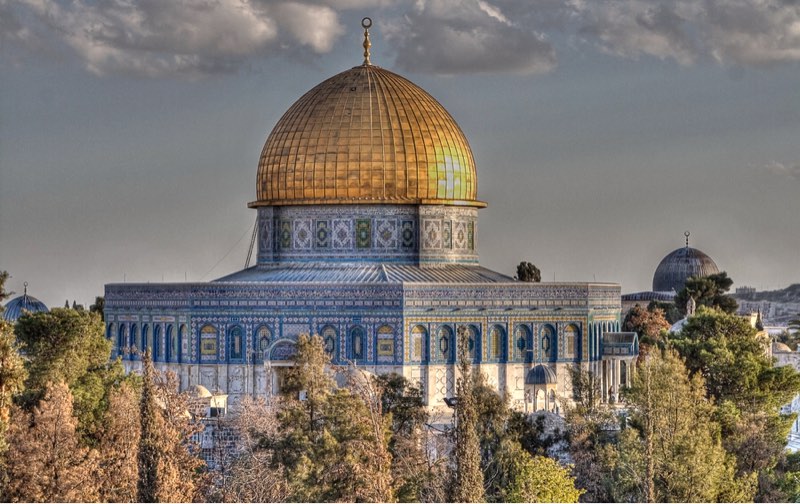Interpreting Biblical Prophecies: The Supersession of Judaism by Islam through Isaiah 60 and Amos 5
Some people believe that Islam supersedes Judaism based on the comparison of Isaiah 60, verse 7, and Amos 5, verses 21 to 22. They argue that since God allowed the destruction of two Jewish temples, it signifies a shift towards Islam. In this context, Kedar symbolizes Islam. Can you provide an explanation for this interpretation?
The interpretation that Islam supersedes Judaism based on the comparison of Isaiah 60, verse 7, and Amos 5, verses 21 to 22, is a viewpoint held by some individuals. It is important to note that interpretations of religious texts can vary among different people and scholars.
Isaiah 60, verse 7, states, “All the flocks of Kedar will be gathered to you, The rams of Nebaioth will serve you; They will go up on My altar with acceptance, And I will glorify My glorious house.” Meanwhile, Amos 5, verses 21 to 22, says, "I hate, I despise your religious festivals; your assemblies are a stench to me. Even though you bring me burnt offerings and grain offerings, I will not accept them."
Those who argue for the supremacy of Islam over Judaism often interpret Kedar mentioned in Isaiah as a reference to Islam. Kedar was an ancient Arab tribe descended from Ishmael, who is considered the forefather of many Arab peoples. They believe that this verse signifies a shift towards Islam because it mentions Kedar's flocks being gathered and serving on God's altar.
They relate it to the ritual of Hajj in Mecca, where pilgrims commemorate the biblical event of Abraham sacrificing his first-born son Ishmael instead of Isaac. Some believe that the entire chapter of Isaiah 60 fulfills the prophecy mentioned in Deuteronomy 33, verse 2, regarding Mount Paran, which is also connected to Hagar's prophecy in Genesis 21, verse 18.
Furthermore, they connect this interpretation with Amos 5, verses 21 to 22, where God expresses his dissatisfaction with Jewish religious practices. The destruction of two Jewish temples (the First Temple by Babylonians in 586 BCE and the Second Temple by Romans in 70 CE) is seen as evidence supporting this argument. They claim that these events symbolize God's disapproval of Judaism and his acceptance or preference for Islam.
It is crucial to understand that this interpretation represents a specific perspective within certain circles rather than a universally accepted belief among all Muslims or scholars. Interpretations of religious texts can vary widely depending on individual beliefs, cultural contexts, historical circumstances, and scholarly analysis.
It should also be noted that there are numerous other interpretations regarding these verses within both Islamic and Jewish traditions which may differ significantly from the viewpoint mentioned above.

